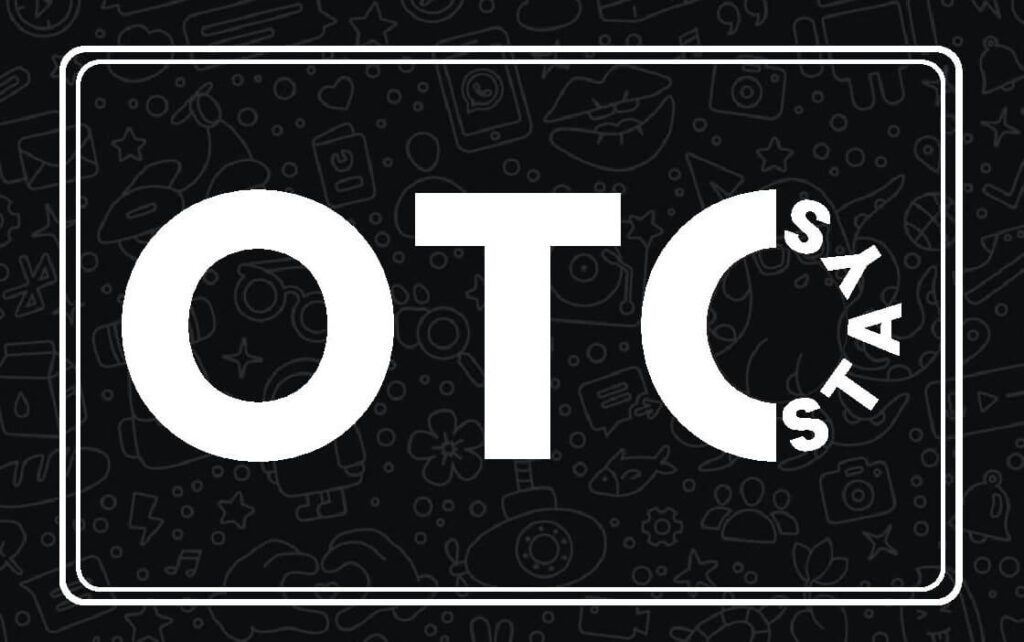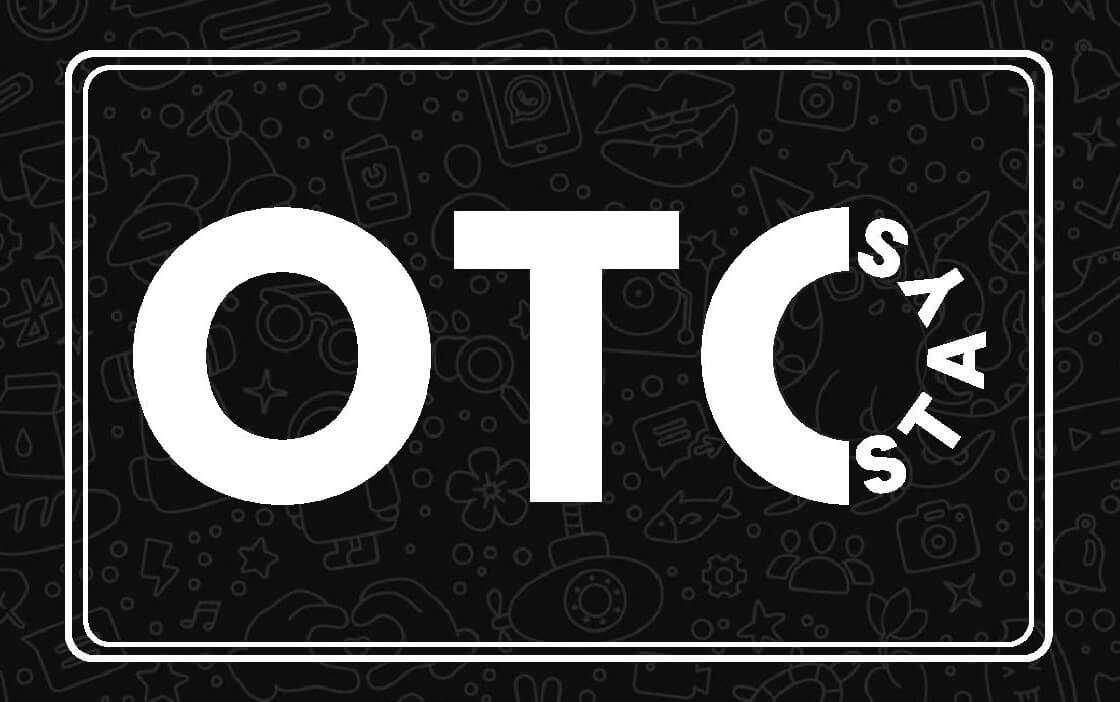
Adhd Sleep Medication Tools To Facilitate Your Daily Life
ADHD Medications For Adults
There are a variety of options for ADHD medication for adults. They include stimulants, non-stimulants as well as antidepressants.
Stimulants are commonly used to combat symptoms of ADHD. These drugs boost the levels of dopamine in the brain and norepinephrine.
Bupropion
There are numerous different medications that can be used to treat ADHD in adults, which includes stimulants as well as non-stimulants. Stimulants, such as Adderall and Ritalin are great for many people with ADHD. However, they may cause some negative side effects. They also may worsen the comorbidity of mood, sleep, and anxiety disorders.
Bupropion is a prescription drug that treats depression as well as attention deficit hyperactivity disorder (ADHD). It boosts brain levels of dopamine. It can be taken either in a form that is immediate-release or long-term.
Bupropion is a monotherapy to improve ADHD behavior and decrease impulsivity. Additionally it has been shown to be effective in ADHD patients suffering from depression or substance abuse disorder.
A randomized clinical study discovered that treatment with bupropion made adults 78 percent more likely than placebo to achieve the point of improvement measured by the CGI scale. These results are extremely encouraging however the study didn’t include enough people to establish if the benefits were lasting.
Although bupropion has been proved to be safe, it is not without its side effects. Bupropion can cause dizziness dry eyes, dry mouth, nausea, and drowsiness. Some of these adverse effects can be minimized or eliminated by adjusting your dosage.
The effects of side effects can be serious if you’re drinking alcohol or other drugs and if you have a history of heart disease, high bloodpressure, irregular heartbeats or heart disease. You should talk to your doctor if you have any of these issues.
You should inform your doctor if pregnant or plan to become pregnant. Certain antidepressants can affect the development of your baby.
Some antidepressants and other medications that reduce seizures can increase the risk of congenital abnormalities particularly chromosomal abnormalities. Talk to your doctor if have been taking antidepressants or other medications for a while to assess the possibility of having a child with these disorders.
Pregnancy and bupropion use can cause birth defects or other health problems in the unborn child. Women shouldn’t take bupropion while pregnant or planning to become pregnant due to the possible risks.
Guanfacine
Guanfacine is a non-stimulant medicine is a good choice for ADHD patients who have experienced a failure with stimulants. It is used as an alternative to methylphenidate. It is also utilized in conjunction with other ADHD medications and supplements.
Guanfacine is only taken once daily, in the morning or at evening. It is typically taken with water or other liquids and should not be crushed or chewed. It is crucial to consume the dose you missed immediately.
This drug can cause tranquilizing or sedative effects. This medication should not be used together with alcohol or other depressant medications since they can increase the sedative effects.
While there aren’t many studies that have looked at the effects of guanfacine in adults with adhd medication uk One study in which 17 subjects were given guanfacine and DAMP found it to be comparable with dextroamphetamine.
Another study involving 25 subjects showed that guanfacine improved the symptoms of ADHD and tics in children who had previously failed methylphenidate, however they were still taking stimulants (Scahill and colleagues, 2006). This population saw an improvement in their symptoms that could be considered to be clinically relevant.
A third study of guanfacine in an adolescent population found it to be effective for the treatment of ADHD and tics, and was over twice as effective as placebo. These children experienced a decrease in symptoms and a decrease in omissions, commissions, and commissions on the Conner Parental Rating Scale. They also had higher school performance scores on Yale Global Severity Scale.
For children older than age 5 the recommended dosage of guanfacine is 0.5 to 1 mg twice every day. Based on weight and age the dosage can be gradually increased. To ensure that there’s no fainting or drop in blood pressure, a physician will be able to monitor the child’s pulse and blood pressure when they are taking this medication. The medication is often taken with diuretics in order to lower high blood pressure.
Clonidine
Clonidine is a non-stimulant drug can be used to treat ADHD symptoms. Clonidine is also used to lower blood pressure and decrease anxiety. It is available in tablet form, as an injection, or a transdermal patch that slowly delivers the drug to your body throughout the day.
The drug is an alpha-2 adrenergic antagonist that lowers blood pressure by relaxing the arteries and decreasing your heart rate. Researchers are still unsure how it aids in treating ADHD, but it is believed that it acts on the area of the brain responsible for inattentiveness and hyperactivity.
Typically, clonidine dosage is taken in a dose of 0.1 milligram (mg) every day at time of sleep or as directed the doctor. It can also be applied on the skin once per week as a transdermal spray.
Clonidine can be a successful treatment for ADHD symptoms. However, it is not as effective or powerful as stimulant medication. It could take several weeks before you begin to reap the full benefits. The side effects of the medication like insomnia and drowsiness could also be experienced, which could affect your school and work performance.
Speak to your doctor If you’re having trouble falling asleep. This is particularly true in the event that you are taking any other drugs that can cause drowsiness, such as benzodiazepines or certain antidepressants.
Some users of clonidine experience a condition called “brain fog,” which makes it difficult to concentrate on tasks. It is temporary and will be overcome as your body adjusts to the Clonidine.
It is crucial to follow the instructions of your doctor carefully when taking clonidine or other nonstimulants. Keep a log of all the medicines you take as well as any vitamins or supplements you are taking. It is also recommended to discuss with your physician any changes in the way you eat or exercise.
Clonidine overdoses can result in dizziness and drowsiness. Overdoses can result in reversible dysrhythmias, heart conduction disorders, seizures, apnea and coma.
Clonidine is used to treat the symptoms of attention deficit hyperactivity disorder (ADHD) in children and adults. Clonidine is also used to lower blood pressure. It is available in the form of an extended-release (long acting) tablet and a transdermal patch, which can be applied to the skin each week.
Non-stimulants
Your doctor could prescribe non-stimulant drugs if you are unable control ADHD symptoms using stimulants. They include a range of dopamine- and norepinephrine-enhancing medications and antidepressants. Some are developed specifically for use in treating ADHD and others are prescriptions that are not on the label.
Unlike stimulants, these medications take longer to be effective and typically need to be used multiple times throughout the day to get the full effect. They also require more time to titrate, meaning they might require more adjustments to dosages or schedules.
They also come with a variety of adverse effects, like high blood pressure and a rapid heart rate, which can cause psychiatric problems. This is a possibility that should be discussed with your physician prior degenden.wiki to beginning any type of medication.
Non-stimulant medications are atomoxetine, Clonidine (Kapvay) and guanfacine. These medications boost the production of a brain chemical known as norepinephrine. It increases concentration and attention. These medications can be used to lessen the urge to move or fidget.
They are effective in helping to reduce ADHD symptoms. However, they can cause mood swings and even an increase. If the side effects are unsettling you and your doctor might try overlapping doses or switching to an extended release form of medication. These drugs accumulates in the bloodstream and classicalmusicmp3freedownload.com fade off slowly.
Another class of medications referred to as known as NDRIs (norepinephrine dopamine reuptake inhibitors) slow down the reabsorption of norepinephrine as well as dopamine in the brain. They are most commonly used to treat depression. However, some may also be helpful for ADHD.
These drugs are more expensive and are typically taken in higher doses that quick-acting stimulants. However, they are generally safer and have a solid safety record. They are available in long-acting and short-acting forms. Shorter-acting stimulants can be used within a single hour, and longer-acting stimulants can last for Adult up to 24 hours.
For those suffering from depression or anxiety that co-occur Certain of these non-stimulant medications may be prescribed alongside stimulants. Clonidine and Guanfacine are two of them. These medications also help to reduce adverse effects from stimulants like agitation or sleeplessness.
